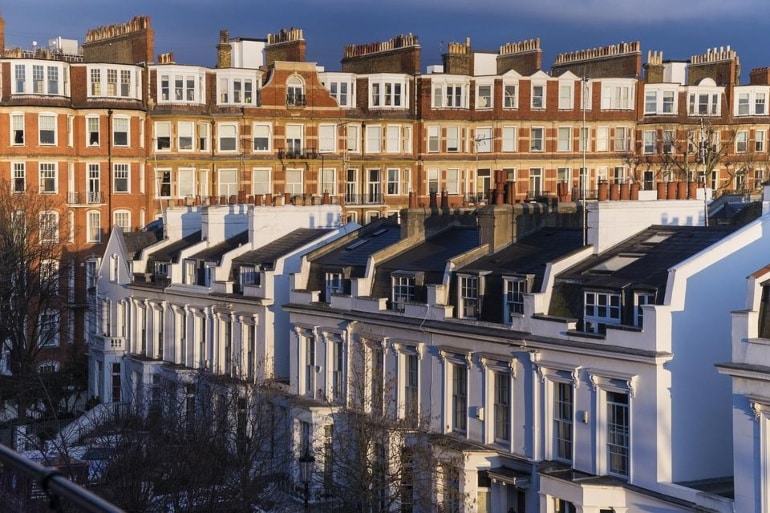Anyone looking to buy a house in London will have a steeper challenge than in most parts of the UK. The higher cost of housing, like everything else, is of course why workers get paid London weighting.
However, while property is generally much more expensive, price rises in the capital have lagged behind the rest of the UK in recent years, impacted by Brexit and the desire to move away from urban areas the pandemic.
As the pandemic has eased, however, the rate of house price inflation in London did pick up, albeit still trailing the country at large. But the latest data, from the Land Registry, has revealed a dip in the capital’s prices.
These figures show the average house sold in London was 4.8 per cent more expensive than 12 months ago, way below the 8.7 per cent rise seen in the north west, the region with the second lowest increase. At the other end of the scale, the East Midlands recorded a 12.4 per cent rise. The overall national average was 9.8 per cent.
However, the monthly change, which on the latest figures deals with the data between March and February, told what may be the opening chapter of another story, with London seeing a 0.9 per cent month-on-month decline in prices.
While the capital was not alone in witnessing a fall, this was a bigger drop than the 0.8 per cent seen in the East of England or the 0.2 per cent dip in Yorkshire and the Humber. At the same time, other regions not only grew, but did so in line with annual trends, with the East Midlands again leading the way with 1.2 per cent growth.
Despite all this, London prices remain the highest on average at 523,666. But will that now start to fall in a sustained way?
This is certainly something anyone seeking mortgage advice in London might consider, as the cost of buying a home may be more favourable in the months ahead if prices go on dropping.
Many experts, such as the Capital Economics team of economists, have tipped house prices to decline as the effects of inflation and lower growth – including the possibility of a recession – start to bite.
Those making big house buying decisions need to factor in a range of wider economic issues. One consideration is whether their job is safe if the economy does go into recession. Another is whether any affordability gains from falling prices will be cancelled out by rising Consumer Prices Index inflation, now at nine per cent.
The other big issue is interest rates. This month’s Monetary Policy Committee decision saw a 6-3 vote for a 0.25 per cent rise to one per cent, but the fact three members wanted a 0.5 per cent increase, added to the recent upward trend and the continuing upsurge in inflation mean this key factor in mortgage rates looks likely to increase again soon.
Put together, these factors provide a complex and fast-changing picture. That is why it makes sense to talk to the experts when deciding whether to buy, when to buy, what to buy and the sort of mortgage to go for.







